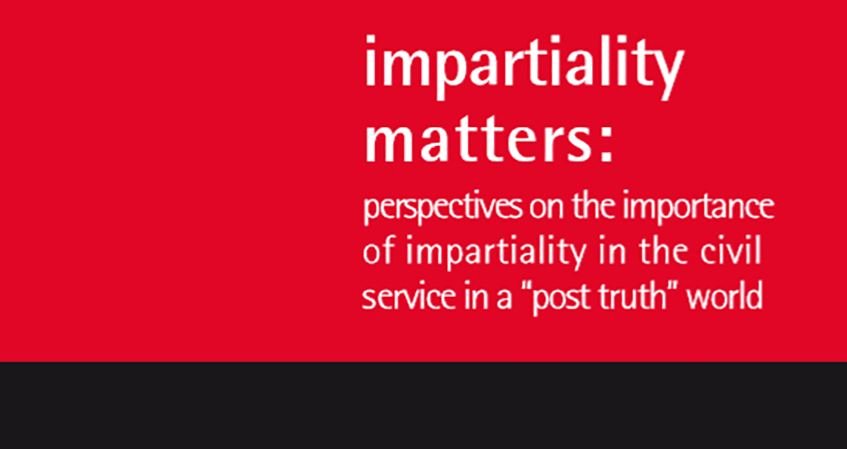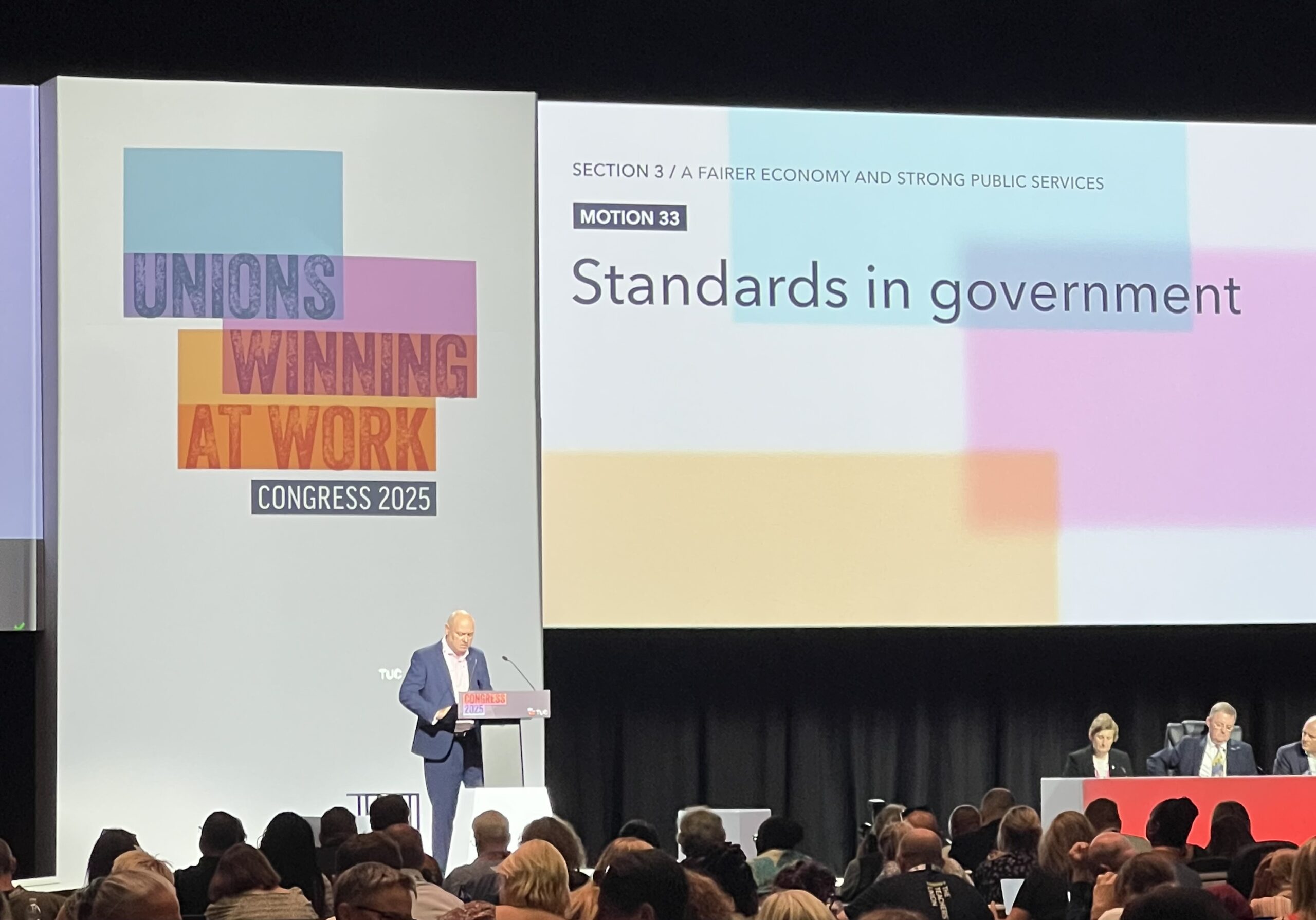The Smith Institute launches report on civil service impartiality

Public policy think tank the Smith Institute has launched its new report on the importance of civil service impartiality “in a post truth world”.
The work, commissioned by the FDA, is a collection of essays from individuals across the political spectrum. It seeks to analyse the key civil service principle, exploring the benefit of impartiality and the challenges it faces in the current political climate.
Contributors address the impact of Brexit, and politically-motivated attacks on an apolitical civil service.
First Minister for Scotland Nicola Sturgeon MSP, stated that “it is a source of strength, for MSPs of all parties, that the civil service exists to serve the public as a whole, rather than being affiliated to a specific party. For that reason, there is a broad consensus in Scotland about the benefits of an impartial civil service. I hope, and believe, that that consensus will continue for many years to come.”
Former Head of the Civil Service Lord Bob Kerslake, concluded that “we need a public campaign to recognise and celebrate the enormous importance of having an impartial civil service”, and former First Minister of Scotland Lord Jack McConnell insisted that “the independence of civil servants to serve the elected government of the day must be protected.”
Former First Minister of Wales Carwyn Jones AM underscored that “politicians need to be told what they need to hear not what they want to hear. It would be disastrous for the impartiality of the civil service if it was thought that providing challenge or even unwelcome news to a minister would have a negative effect on the career of an individual.”
The timely collection follows a barrage of attacks levelled against the civil service from both the left and the right, and focusses on a subject of great concern for civil servants. “Beyond pay, impartiality is the single biggest issue raised with us by our members,” FDA General Secretary Dave Penman explained in the report’s forward.
Civil service values – integrity, professionalism and, crucially, impartiality – “are not a set of arcane principles,” Penman wrote, “clung to by an elite determined to avoid challenge or change. Those values ensure that civil servants, from benefits officers in local job centres to permanent secretaries in ministerial departments, can only be appointed on merit. A civil servant is employed for what they can do, not what they believe or who they know. That may sound obvious but it has a profound effect on ensuring that the service is free from nepotism, corruption or politicisation.”
The independent report also features writing from former Deputy Prime Minister Lord Heseltine, Liberal Democrat Peer Lord Wallace of Saltaire, academic Colin Talbot (Professor of Government, Universities of Cambridge and Manchester) and former Permanent Secretary Sir Martin Donnelly.
Related News
-

“Significant gaps” in current Northern Ireland standards regime, says Murtagh
FDA National Officer for Northern Ireland Robert Murtagh has called for a strengthened standards regime in Northern Ireland government.
-

FDA delegation attends TUC Congress 2025
This week, the FDA attended the 2025 TUC Congress in Brighton. FDA delegates spoke to and moved motions on a range of topics, including standards in government, public sector productivity, resilience, neurodiversity in the workplace, and TUC reform.
-

Ministers must “step up to the plate” or risk undermining the civil service, says Penman
The FDA has defended the pay and pensions of senior civil servants and called for ministers to do more to defend the civil service.